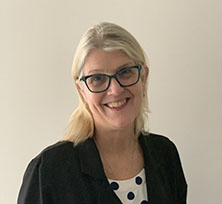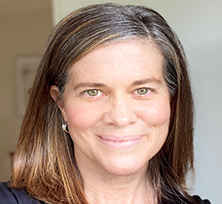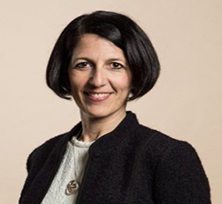About Us
We are a network of clinicians, activists and patients
who want to normalize abortion care, medically and culturally.
We have a vision of early abortion being fully integrated into regular medical care. We came together during the Covid-19 pandemic because of a challenge and an opportunity. We were outraged when some states took advantage of the crisis to deem abortion as “non-essential” medical care during a time when these services were needed more than ever. We also realized that because of expanded telemedicine during the pandemic, providing the abortion pill was now simpler than ever.
There is no medical reason that early abortion can’t be provided as part of regular medical care. In fact, using telemedicine, a single clinician, mailing abortion pills, can provide abortion care to all patients in their state! In states that ban telemedicine for abortion care, clinicians can dispense the pills out of their offices. They can also offer Manual Uterine Aspiration, a quick and simple in-office procedure that can be done in a regular medical practice.
Normalized, integrated abortion care would provide a game-changing response to the erosion of abortion services. Since the 70’s, abortion clinics have been heroic in helping people with early abortion. However, the fact that abortion is provided in a segregated, centralized model of care leaves patients and clinicians vulnerable. If abortion were simply part of regular medical care, it would be extremely difficult to target this basic medical service by bullying, violence, and unprecedented legal tactics.
We want to take the heroism out of abortion care. We can make abortion more private and accessible than ever, by expanding the pool of clinicians trained in abortion care. We want to create new models of abortion care, including telemedicine and integrated “routine” abortion care. “MYA Network” will link patients in need of early abortion services with these clinicians. It will also provide a cultural platform for patients and clinicians to express our views and experiences of abortion.
Let’s help clinicians put out a “virtual” shingle and get started providing abortion care. There are over a thousand family doctors currently trained to provide early abortion services, as well as many advanced practice clinicians, (nurse practitioners and physicians assistants,) yet few are currently providing this care. MYA Network can help these clinicians with issues like setting up their business, getting malpractice, and other practical details of providing early abortion care. Our first goal is to set up one clinician in each “open” state (without a political ban) to offer telabortion, establishing “MYA Network.” As this model becomes more normalized and established we will reach out to clinicians in states with telemedicine bans, to help them integrate abortion care in their practices.
It’s about health care, not politics. Our activist movement was born out of a desire to use our positions as medical providers to ensure that essential medical care was not diminished but rather strengthened during the pandemic. Since then, the passing of Ruth Bader Ginsburg has heightened our motivation to create a new foundation of health care that doesn’t leave us vulnerable to politics.
Our concrete goals:
- To create telemedicine-based abortion care in all states that allow it
- To train and support clinicians to offer medical abortion and MUA in their practices
- To link patients with primary care-based abortion care
- To educate the public on early abortion options
- To help culturally normalize abortion by supporting patients and clinicians to express their views and experiences related to pregnancy choices
The more “normal” clinicians provide “normal” medical care to “normal” patients, and tell our “normal” stories, the harder it will be to criminalize this common, safe and essential medical service.
Advisory Group

Joan Fleischman, MD MPA - New York
Dr. Fleischman was inspired to become a doctor while working in India, Malaysia, and Bangladesh before Medical School. She went on to get her M.D. and M.P.A at Harvard. She became an abortion provider during her family medicine residency at Montefiore, in the Bronx. She has spent the past 25 years pioneering normalized abortion care. She established the first abortion training program for family doctors in 2000. She then established Early Options, a small business model of primary care based abortion. She believes integrated abortion care is the game changer needed to assure safe and private abortion care for all.

Michele Gomez, MD - California
Michele decided to become a doctor because she believes in practicing medicine as a form of social justice and as a pathway to healing and growth. After studying pre-med and public policy at Princeton, Michele worked in the Peace Corps in Cameroon, Central Africa. She attended the University of California San Francisco (UCSF) for medical school and for her family medicine residency, and continues to promote social justice in her work by being an abortion provider and training family medicine residents to learn how to provide abortions through the TEACH (Training in Early Abortion for Comprehensive Healthcare) program.

Erika Bliss, MD - Washington
Dr. Erika Bliss is a family physician in Seattle, Washington with a solo direct primary care practice where she provides care to people of all ages. She believes caring clinicians can transform lives by offering essential personalized reproductive health services. She was inspired to become a doctor after working with a women’s domestic violence and human rights organization in southern Mexico. She practiced family medicine with obstetrics for several years at a community clinic before leaving the fee-for-service world to launch the first large-scale monthly membership primary care organization in the country, Qliance. She is excited to be returning to her roots in reproductive health and helping to expand women’s access to simple, private and safe technologies for ending unintended pregnancies.
